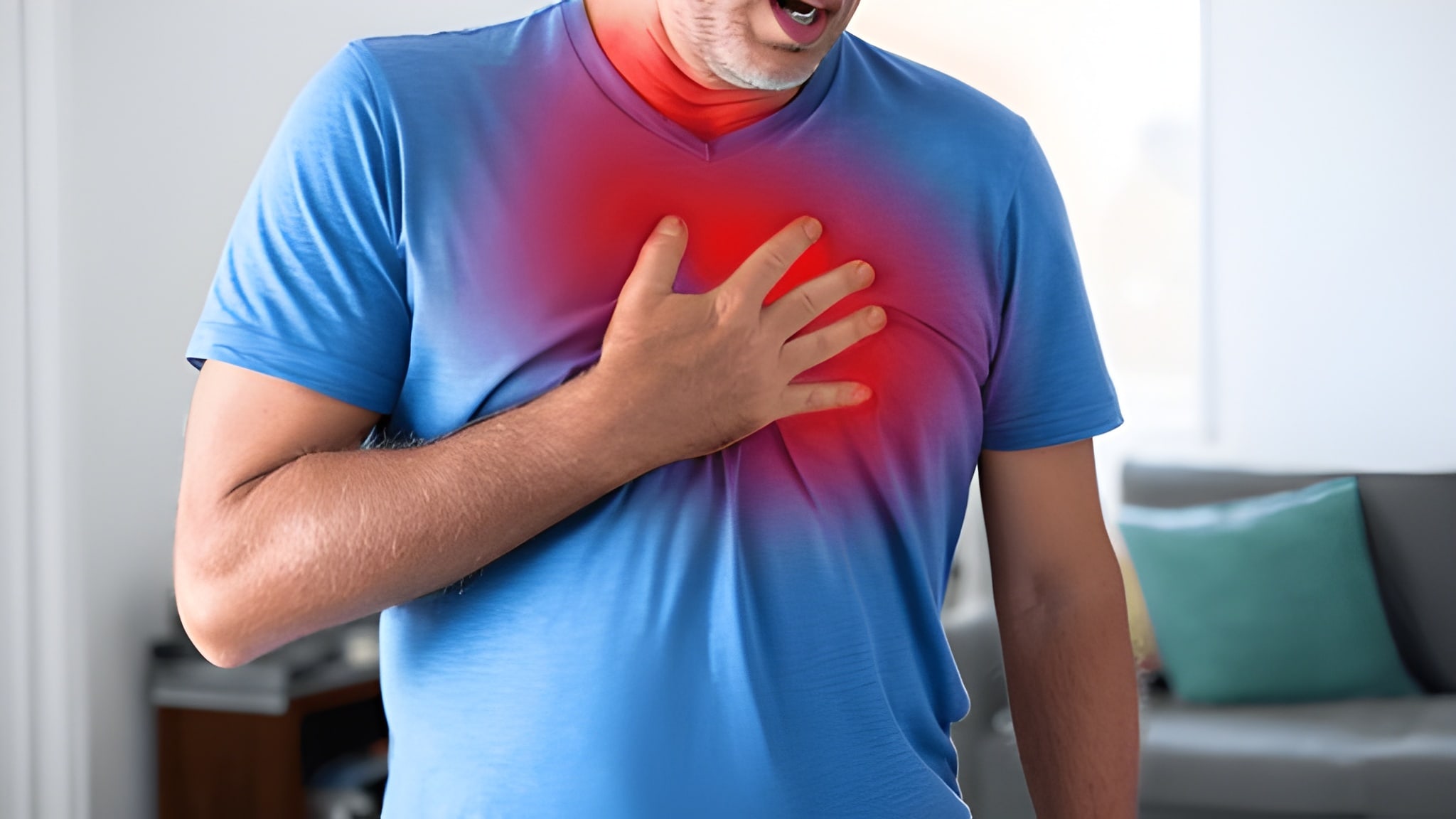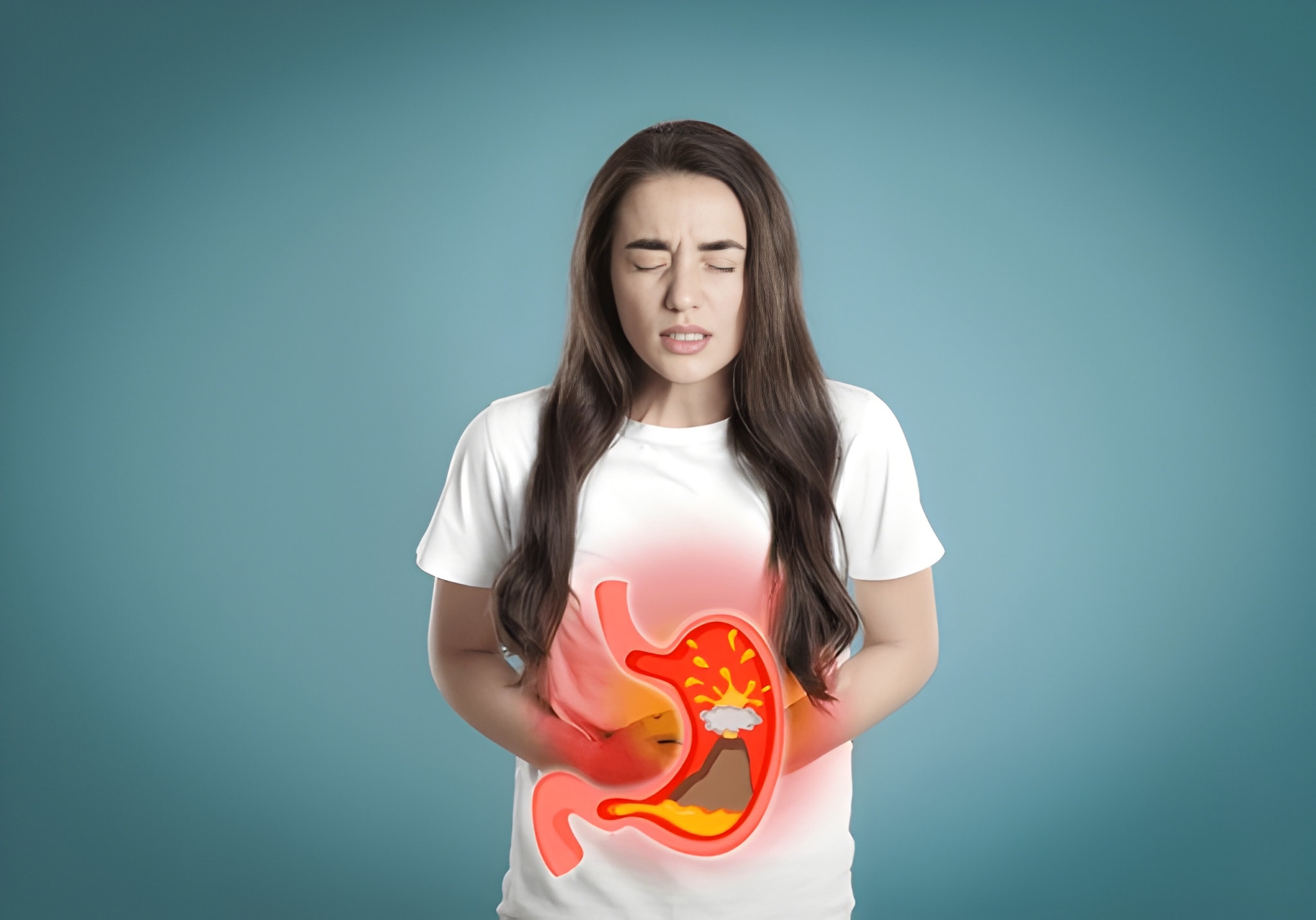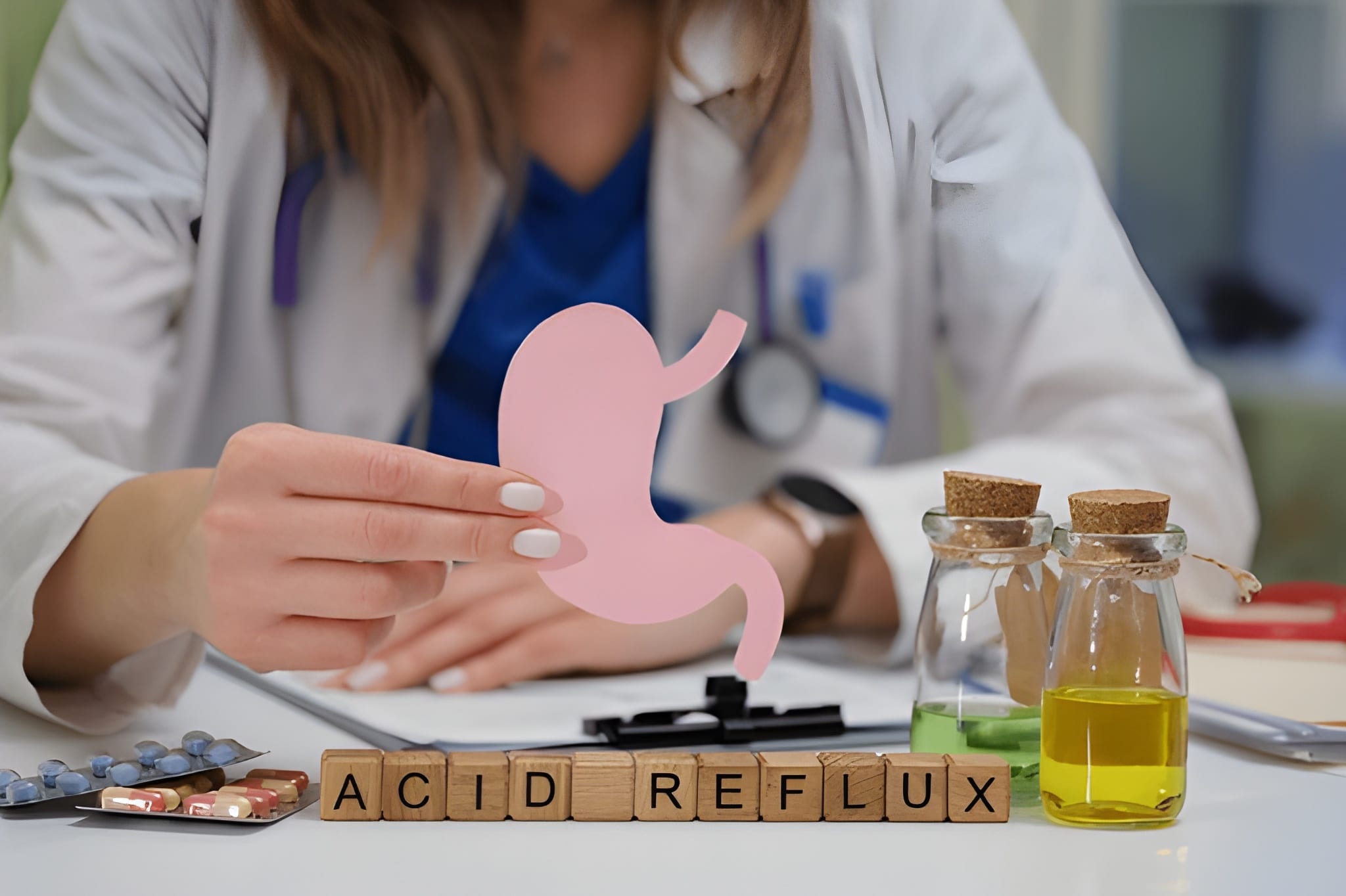What is the best treatment for gastritis?
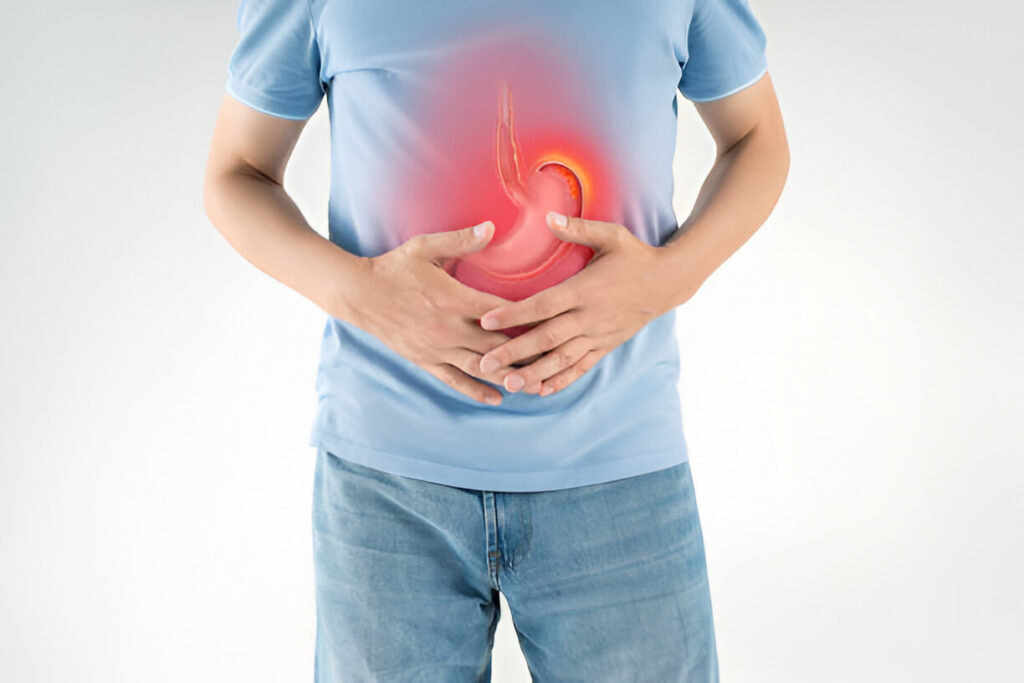
Have you been struggling with stomach pain, indigestion, or a burning sensation after meals? You’re not alone.
Gastritis affects millions of people worldwide and can significantly impact daily life. Many sufferers wonder how to cure gastritis permanently to avoid recurring symptoms and live comfortably. But the real question is, what is the best treatment for gastritis?
In this blog, we’ll discuss the top treatments for gastritis—from medications to dietary changes—so you can start feeling better faster.
Understanding gastritis: What's going on inside?
Gastritis refers to the inflammation of the stomach lining, which normally acts as a protective barrier against digestive acids. When this lining is weakened or damaged, it becomes vulnerable to irritation.
Several factors and conditions can increase the risk of gastritis, including:
- H. pylori bacterial infection
- Frequent use of NSAIDs (like ibuprofen or aspirin)
- Excessive alcohol consumption
- Chronic stress
- Ageing, which thins the stomach lining
- Cancer treatments, such as chemotherapy or radiation
- Autoimmune conditions, where the immune system attacks the stomach lining
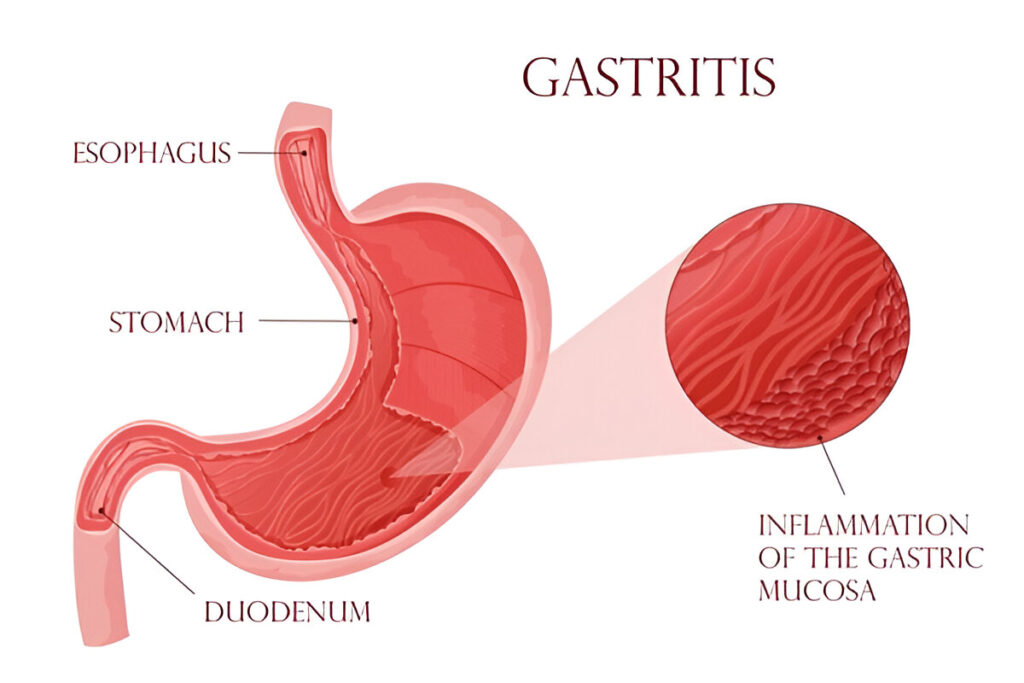
What are the warning signs and symptoms of gastritis?
Gastritis doesn’t always cause symptoms, especially in mild cases. When symptoms do appear, they may include:
- Burning or gnawing pain in the stomach
- Nausea or vomiting
- Bloating and indigestion
- Hiccups or frequent belching
- Loss of appetite
In more severe cases, gastritis can lead to internal bleeding, with signs such as:
- Black, tarry stools (melena)
- Vomiting blood or vomit that resembles coffee grounds
If you experience these symptoms or notice that your condition is getting worse, it’s crucial to seek medical attention immediately.
What is the best treatment for gastritis?
There’s no one-size-fits-all answer because gastritis treatment depends on the underlying cause, whether it’s bacterial, lifestyle-related, or autoimmune.
Below are the most effective treatment approaches:
Medication-based treatment
Medication is one of the most common and effective options for treating gastritis. These drugs help reduce inflammation, neutralise stomach acid, and treat underlying infections.
Common medications include:
- Proton Pump Inhibitors (PPIs): Reduce stomach acid production
- H2-receptor blockers: Lower acid levels
- Antacids: Offer quick relief by neutralising acid
- Antibiotics: Essential in chronic gastritis caused by H. pylori
If you’re dealing with severe gastritis, a combination of antibiotics and PPIs is often recommended to eliminate infection and promote healing.
Dietary changes
Food plays a major role in both triggering and healing gastritis. If you are wondering how to heal your stomach lining naturally or how to cure gastritis permanently, your diet is a good place to start.
Dr. Samir Rahmani often recommends:
- Avoiding spicy, acidic, and fried foods
- Limiting alcohol and caffeine
- Eating smaller, more frequent meals
- Including gut-healing foods like broth, bananas, oats, and yoghurt
Lifestyle changes
If you’re asking, how do you treat gastritis beyond medication, consider the following lifestyle modifications:
- Avoid NSAIDs: Ask your doctor for alternatives
- Quit smoking and limit alcohol
- Manage stress through yoga, meditation, or exercise
- Maintain moderate weight
- Get regular medical check-ups, especially if you have recurring symptoms
Is there a cure for gastritis?
Yes, gastritis can often be cured or effectively managed, depending on its cause and severity.
For many people, especially those with acute gastritis, removing the irritant—such as stopping NSAIDs, reducing alcohol, or treating an H. pylori infection—can lead to complete healing of the stomach lining.
Chronic gastritis treatment may require a longer-term approach including:
- Medications to reduce stomach acid
- Dietary and lifestyle changes
- Management of underlying conditions like autoimmune disorders
While chronic gastritis might not always be fully “cured,” it can often be controlled well enough to prevent symptoms and complications. With the right treatment and follow-up, many people experience long-term relief.
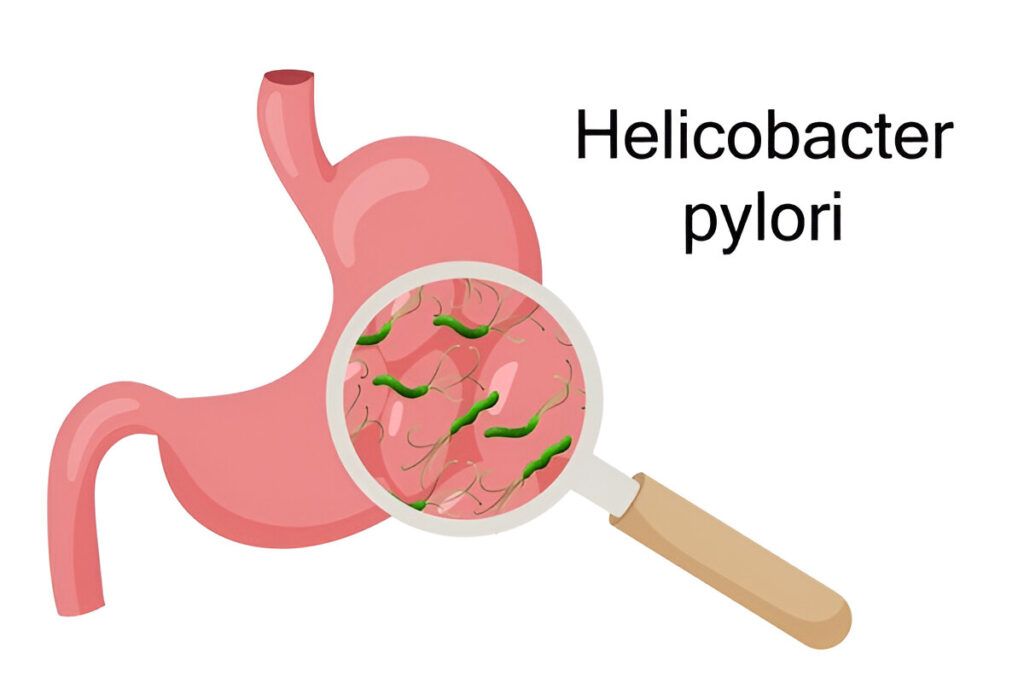
How to Cure Gastritis Permanently: Expert Advice
If you are searching for how to cure gastritis permanently, the answer depends on the cause. For many people, especially those with acute gastritis, removing the irritant—such as stopping NSAIDs, reducing alcohol, or treating an H. pylori infection—can lead to complete healing of the stomach lining.
Chronic gastritis treatment may require a longer-term approach, including:
Medications to reduce stomach acid
Dietary and lifestyle changes
Management of underlying conditions like autoimmune disorders
While chronic gastritis might not always be fully “cured,” it can often be controlled well enough to prevent symptoms and complications. With the right treatment and follow-up, many people experience long-term relief.
Consult Dr Samir Rahmani for gastritis treatment in Dubai
If you’re struggling with persistent gastritis symptoms, it’s time to seek expert care.
With 24 years of experience, Dr Samir Rahmani is a highly renowned general and laparoscopic surgeon dedicated to providing effective, personalised treatment for gastritis and related digestive conditions. His advanced approach combines accurate diagnosis with tailored medical or surgical interventions to ensure optimal results.
FAQ
If symptoms are mild, treatment for gastric discomfort can begin at home by avoiding spicy and acidic foods, reducing stress, quitting smoking, and using over-the-counter antacids. However, persistent symptoms should always be evaluated by a doctor.
While mild gastritis often resolves independently, and eating specific foods will not heal it. However, drinking green tea and eating high-fiber and low-fat foods may reduce the risk of developing gastritis in the first place.
Treatment for chronic gastritis involves following your doctor’s prescribed medication plan, adopting a stomach-friendly diet, avoiding known irritants, and making consistent lifestyle changes. Early diagnosis and intervention helps prevent long-term damage to the stomach lining.
Acute gastritis treatment focuses on rapid relief and addressing the root cause. This may include stopping irritant medications (like NSAIDs), avoiding alcohol, eating a non-spicy diet, and using antacids to help reduce stomach acid.
Yes, in many cases, chronic gastritis can be cured or managed effectively—especially if the cause is identified and treated early. With consistent care, many patients experience full recovery or long-term symptom control.
Gastritis pain feels like gnawing, aching, or burning in the upper middle part of the abdomen, and it often gets better after meals.
Gastritis is treated based on its cause—H. pylori infections require antibiotics, while autoimmune or chronic forms may need long-term acid suppression and dietary adjustments. Regular monitoring by a healthcare provider ensures effective management and prevents complications.
Severe gastritis treatment may require stronger medications, IV fluids for dehydration, and possibly hospitalisation if there’s bleeding or significant pain. Doctors may also conduct endoscopy to assess the extent of stomach lining inflammation and rule out ulcers or other complications.
Healing chronic gastritis requires a holistic approach: identifying the cause, sticking to prescribed medications, adopting an anti-inflammatory diet, and making sustainable lifestyle changes to protect the stomach lining over time.

